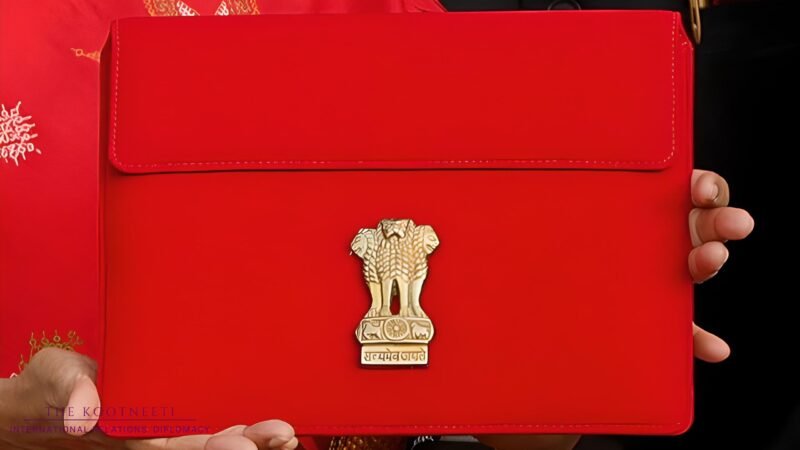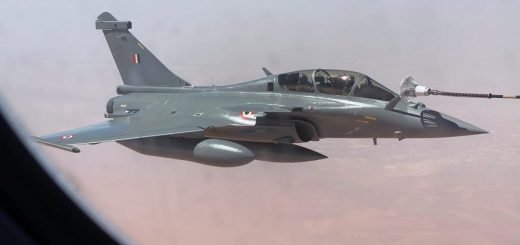Money Matters Everywhere & For Everyone: Budget Commentary 2023-24

The annual budget of the Indian government always creates a huge roar every year but this time, it is something more which is obviously, the last full budget before the coming general elections in 2024. Experts have often addressed it as a ‘Hurting No One’ budget rather than ‘Accommodating Everyone’. Moreover, it seems to have both interesting features to mark new financial outlooks as well as not-so-significant changes in allocation for defence, education and health. The focal point is obviously the no tax for up to Rs. 700000/- annual income in the new tax regime and extension of zero tax slab from Rs. 250000 to Rs. 300000 but it is not that simple to comprehend. With this move, the government has given a clear indication and a felicitation to adopt the new tax regime and It may lead to the evasion of the old tax regime with the coming budgets. Government has the intention to evade the chaos of various deductions under several sections of Income tax and directly calculate the tax over the gross income. It highlights that the regime intends to push the economy towards the consumption model rather than the saving model that prevailed post-liberalization of the Indian economy. The major consistency and focus are intact in this budget to push for infrastructural development to promote the expenditure in the economy by raising the budget by 33% up to Rs. 10 lakh crore and to manage the fiscal deficit as estimated to be 5.9%. The budget also proposed to reduce the highest surcharge rate to 25% from 37% in the new tax regime further resulting in the reduction of the maximum tax rate to 39%. This budget refrained to impose any new surcharge on the FIIs to avert any new shackles in the market.
This budget doesn’t offer any substantial growth in major sectors such as defence, education, and health. Though a nominal increment in the budget such as a 13% hike in the defence budget is not a significant development as it will fill up for the revenue expenditure and despite the fact, India is facing a tough time at the northern borders with China, the scope for the capital expenditure is minimal. Similarly, the health and education budget for 2023-24 has increased in absolute terms but not in relative terms to the overall GDP. The allocation to the health sector is Rs. 89,155 crores, which is 2.2% of the budget, which is way behind the expected outlay. The estimated allocation to the education sector is Rs 1.12 lakh Crore in the forthcoming budget with some new proposals such as setting up the National Digital Library, 740 Eklavya Residential Schools etc.
Concluding Remarks
The last full-fledged budget of the second tenure of the Modi government has tried not to indulge in any experiment but rather, focussed on the cover-up strategy and somehow maintaining the status quo. Moreover, I would like to give credit to the kind of balance that has been aimed along the different sectors, despite following the same lines and concerns of the last 4-5 budgets. Furthermore, the government has also pushed for more expenditure from its pocket to generate a wave of demand in the economy. But crucial sectors such as education, health and defence are seriously looking up for more concern especially, the target for the capital expenditure needs to be elaborated to meet the challenges along the northern border. The major concern that the government is not comfortable addressing is growing unemployment and the budget is somehow not coherent with the schemes such as MNREGA to address the informal sector. But despite the push for demand generation, both formal and informal employment need to be supported by the government through some skill development programs and other direct measures.



















